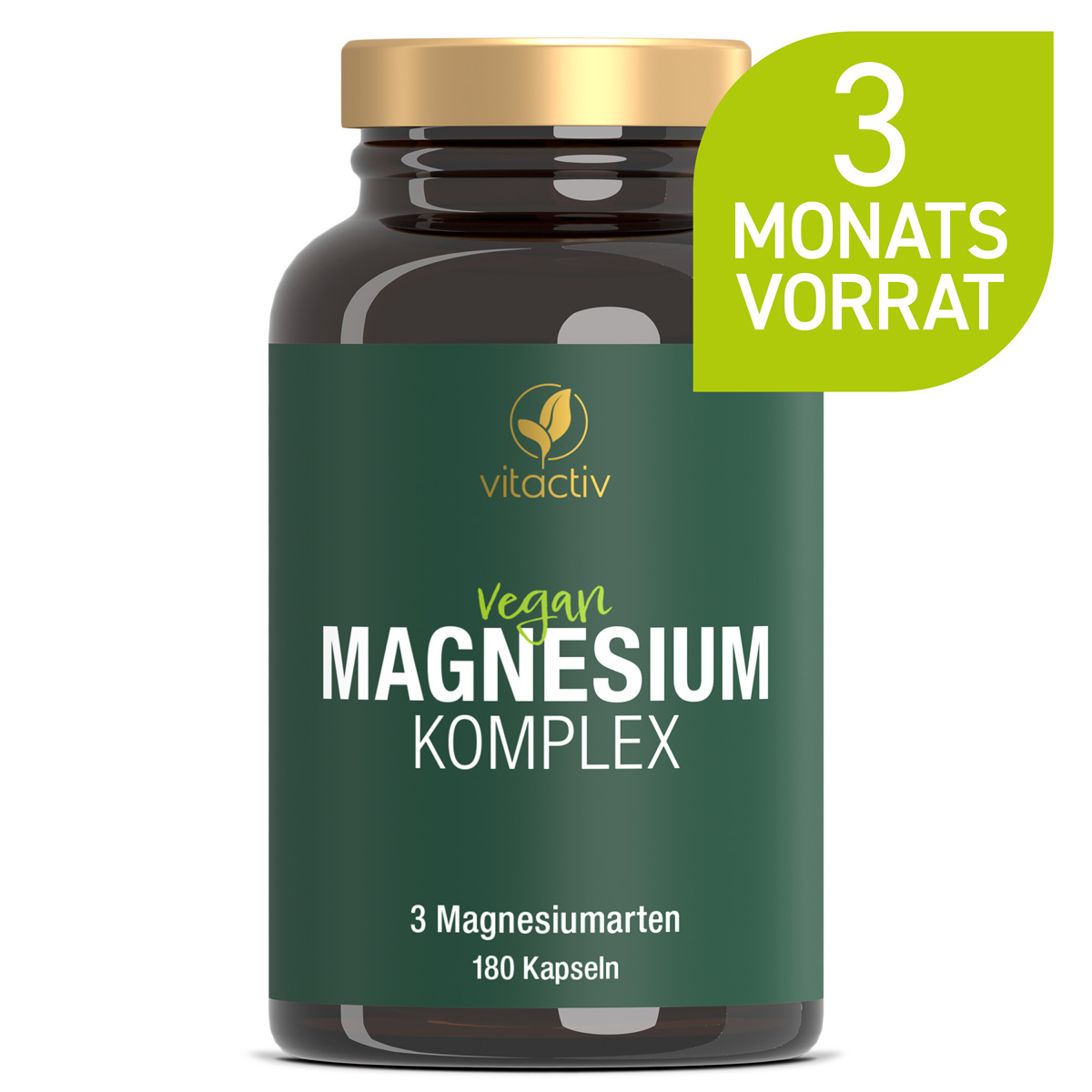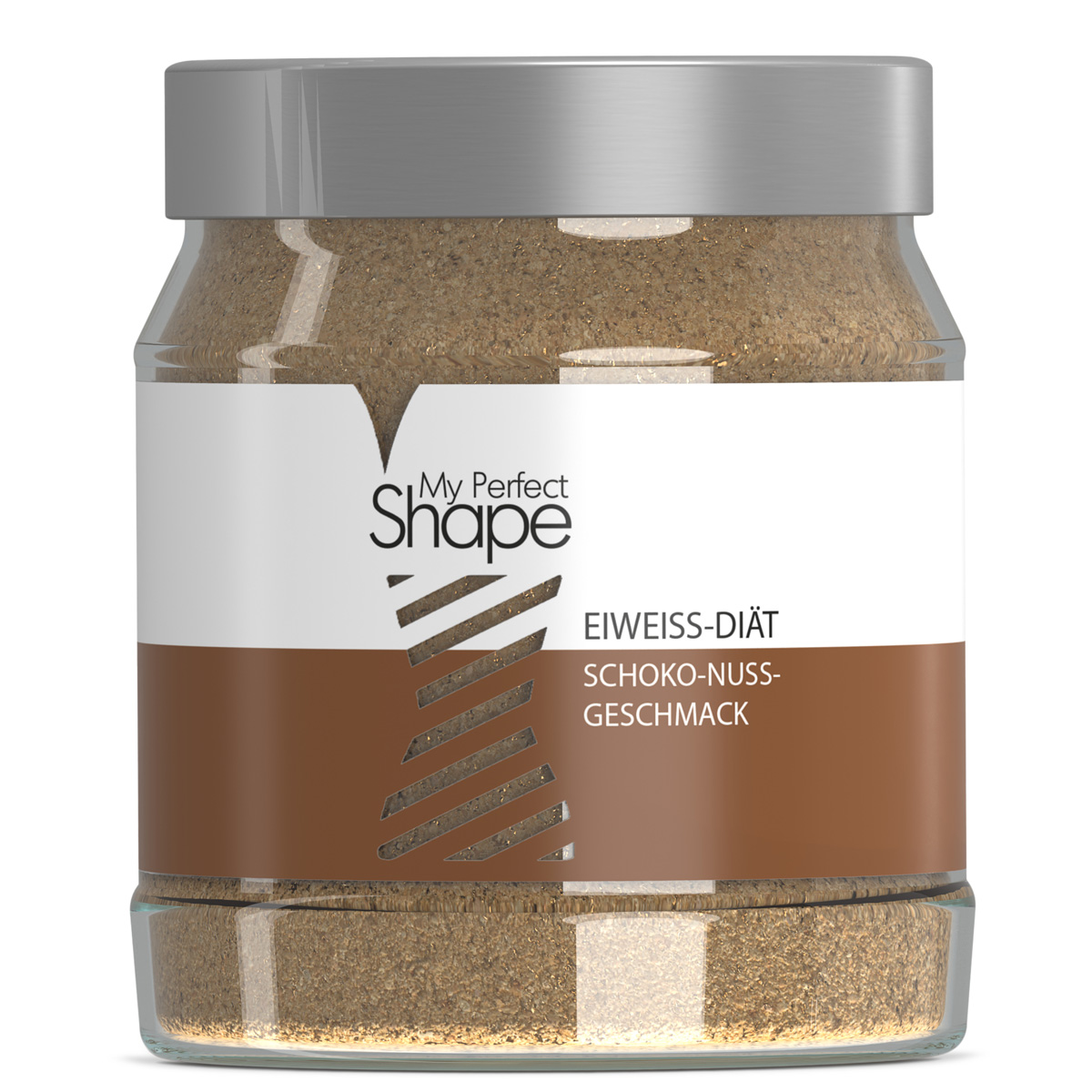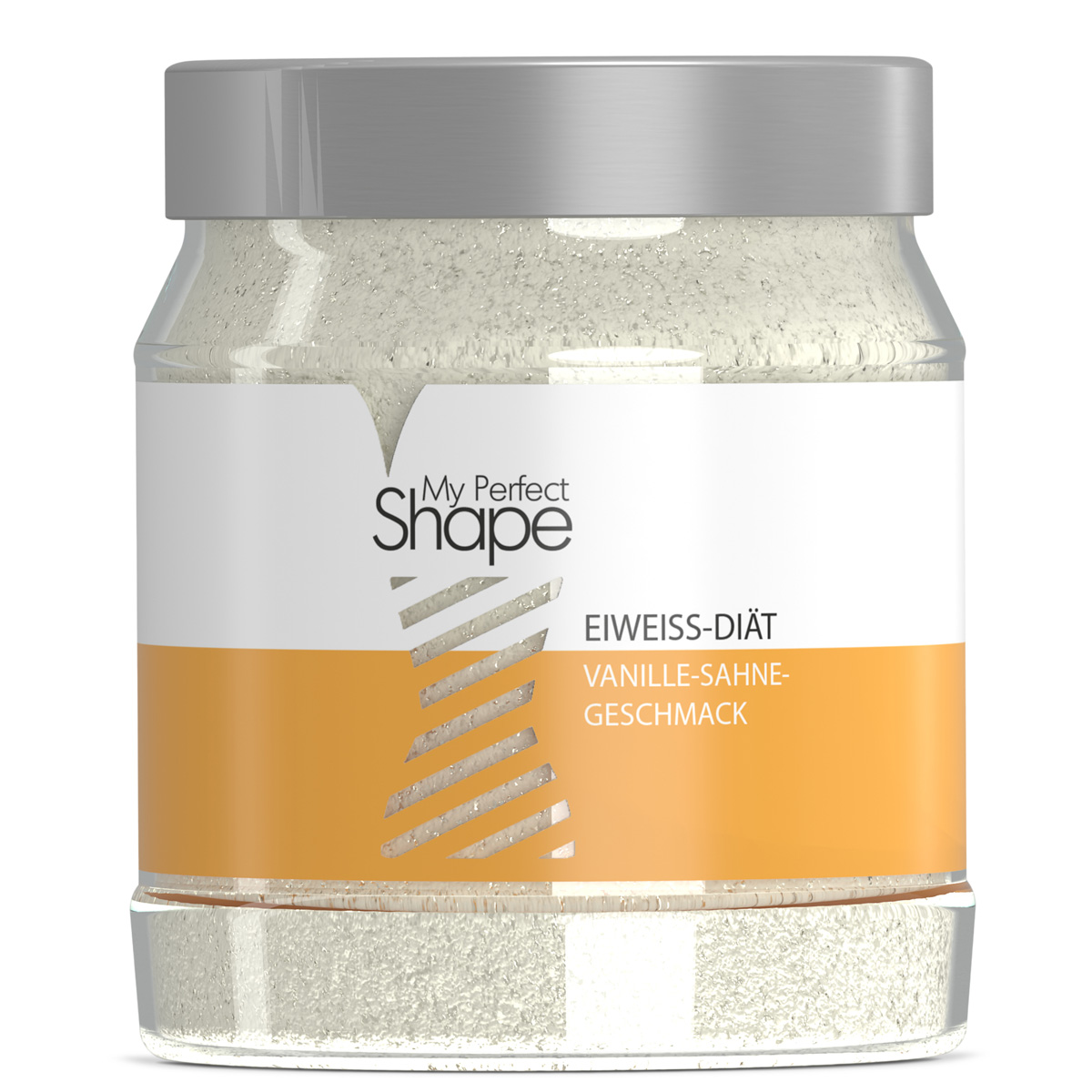Récupération après le sport
Contenu : 0.1128 kg (82,36 €* / 1 kg)
10,99 € (97,43 € / 1 kg)Contenu : 0.144 kg (129,79 €* / 1 kg)
18,69 € 24,99 €
(129,79 € / 1 kg)Contenu : 0.5 kg (25,18 €* / 1 kg)
12,59 € 13,99 €
(25,18 € / 1 kg)Contenu : 0.5 kg (25,18 €* / 1 kg)
12,59 € 13,99 €
(25,18 € / 1 kg)Regeneration after sport & during the diet
No matter whether it's strength training, Pilates or jogging: Anyone who has ever really exhausted themselves during an intensive workout knows how good it can be to simply switch off and push yourself to your limits with a clear goal in mind. Challenging our bodies regularly can have a lot of benefits, both physically and mentally.
And yet sport is like everything else in life: Everyone has to find the right balance for themselves.
But where does healthy exertion end and overtraining begin? How do I interpret my body's signals correctly? And, above all, how do I support my body in the best possible way so that I can lead a healthy, sporty and active life in the long term?
Listen to your own body
No matter what kind of sporting activity you do, sport has the wonderful effect of improving your own body awareness. Suddenly there are muscles that you didn't know existed before. And thanks to your increased body awareness, you can move through life with a confident, open posture.
This makes it all the more important that you also listen to your body when it comes to the intensity and frequency of your training and your training breaks.
(Training) planning is half the battle
In a training plan, the breaks are at least as important as the training sessions. Ideally, the plan should be tailored to you. Ideally, you should create a personalized training plan in consultation with a fitness trainer.
Tip: If you can't or don't want to invest the money in a fitness trainer at first, the staff at the gym will usually also be happy to help you create your training plan.
For many athletes, it has proven to be practical to allow for some flexibility in the training plan. This allows you to pursue your training goals without having to go against your own body feeling.
For example, you might decide to train three times a week without setting fixed days of the week in advance - depending on your everyday life, the training plan will then adapt to your needs. This in turn makes it more likely that you will continue to follow the plan instead of losing your motivation early on due to an overly tight training corset.
For fine-tuning, it can make sense to use fitness trackers. They show you your heart rate and blood pressure, for example, as well as the duration of your training or the number of kilometers you have run and can therefore provide useful information that you can take into account in your training plan.
Work smarter, not harder: why training breaks make you more resilient
Overtraining is when sporting activity triggers a chronic overload reaction in the body. Possible symptoms range from insomnia and pain to increased blood pressure. While endurance athletes are particularly affected, the phenomenon can also manifest itself in weight training.
Sufficient regeneration is crucial to prevent this from happening in the first place. But taking breaks doesn't just prevent negative effects: According to the principle of supercompensation, sensibly placed breaks can actually actively improve your ability to exert yourself. This principle was first described by Russian scientist Nikolai Yakovlev in 1977.
Passive vs. active recovery
We've probably all heard of passive recovery. First and foremost, this includes sleep and an appropriate diet - but more on that later.
However, passive recovery also involves thoroughly curing illnesses. In winter, for example, we are particularly susceptible to infections, which in the worst case can lead to inflammation of the heart muscle if there are no and/or too short breaks for regeneration.
But did you know that there is another form of recovery? The magic word is active recovery. This term, which may sound counterintuitive at first, refers to targeted exercises and movements to regenerate the body.
These include, for example
- Yoga
- stretching
- Light endurance sessions
Nutritional supplements for regeneration after sport
As already mentioned, a balanced diet plays an important role in passive regeneration. Protein-rich foods in particular are crucial for athletes as they contain important nutrients for muscle building.
There is now a large selection of protein-rich products, especially for athletes who follow a vegan or vegetarian diet. These are no substitute for a balanced, healthy diet, but can also support regeneration.
Protein products: also helpful for dieters
People who want to lose weight and therefore avoid calories also know that the body needs a reliable, rich supply of protein. This can be easily met with digestible protein shakes.
Their filling formulations are not only low in fat, carbohydrates and calories, they also taste good. This means they help you to maintain or slim down without having to go without. They are therefore just as suitable for people on a diet as they are for athletes.
If you have any questions or need advice, please contact us.
Call us at:
0800 678 7997
Write us a message here
Use our chat at the bottom left
Search our FAQs here




